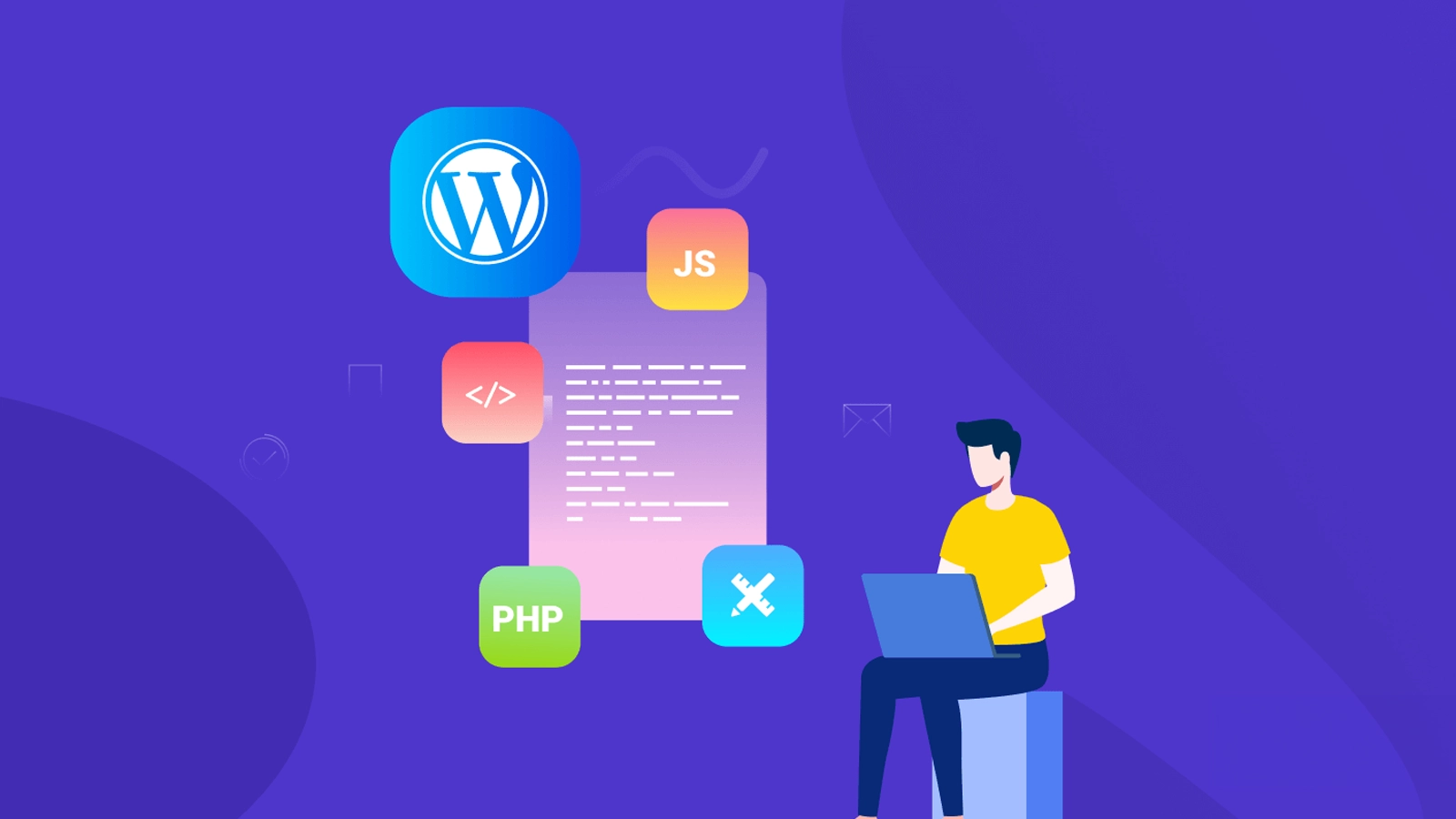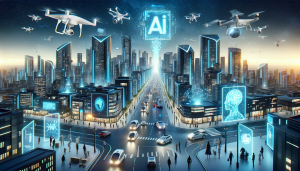Discover how AI Automating Technical SEO Audits in 2025 is transforming the way websites are analyzed, optimized, and ranked. Learn about predictive SEO, machine learning, automation tools, and Google SGE’s impact on technical SEO performance.

-
Introduction
-
The New Era of AI Automating Technical SEO Audits
-
The Role of Machine Learning in Crawling & Ranking
-
Predictive SEO Powered by AI
-
Best Automation Tools for Technical SEO in 2025
-
Google SGE & Its Impact
-
The Future of Technical SEO
-
Conclusion
The rise of AI Automating Technical SEO Audits has reshaped how SEO specialists analyze websites, implement fixes, and respond to Google’s shifting algorithms. In 2025, AI-driven platforms can crawl, analyze, and optimize sites with lightning speed — turning once manual tasks into automated, predictive workflows.
The world of Technical SEO has changed more in the last two years than in the entire previous decade. In 2025, Artificial Intelligence (AI) and Machine Learning (ML) have become the backbone of how websites are analyzed, optimized, and ranked.
SEO professionals once spent hours crawling sites, diagnosing issues manually, and preparing complex audit reports. Today, AI-driven systems perform those same audits in minutes—automatically detecting problems, prioritizing fixes, and even suggesting optimization strategies tailored to user intent.
This transformation is redefining the role of the Technical SEO expert from “manual auditor” to “strategic automation manager.”
In this blog, we’ll explore:
- How AI is automating SEO audits
- The role of machine learning in crawling and ranking
- The rise of predictive SEO
- The most essential automation tools for 2025
- And how Google’s Search Generative Experience (SGE) is changing technical SEO forever
1. The New Era of Automated SEO Audits
From Manual Checks to Machine Intelligence
Traditionally, SEO audits involved tools like Screaming Frog or DeepCrawl, where experts manually reviewed:
- Broken links
- Missing meta tags
- Slow-loading pages
- Duplicate content
- Indexing issues

While these tools are still useful, AI-based SEO platforms now go far beyond static analysis. They continuously learn from search behavior, competitor updates, and algorithm changes to deliver dynamic, predictive recommendations.
What Modern AI SEO Audits Do Automatically
- Crawl Diagnostics — AI bots replicate how Google crawls, flagging potential crawl traps and rendering issues in real time.
- Content Relevance Analysis — Natural Language Processing (NLP) identifies semantic gaps and keyword intent mismatches.
- Technical Issue Prediction — Machine learning models forecast which errors (e.g., server latency or duplicate URLs) are most likely to impact rankings.
- Prioritized Fixes — AI tools assign impact scores to issues, helping teams fix what matters most first.
- Automated Reporting — Reports update automatically with every site change or algorithm update.
Example:
Platforms like SurferSEO, MarketMuse, and Sitebulb AI now automatically audit hundreds of pages, offering instant feedback with contextual explanations — replacing weeks of manual review.
2. The Role of Machine Learning in Search Crawling & Ranking Algorithms
How Google Uses Machine Learning to Crawl Smarter
Machine learning is reshaping how search engines crawl and index websites. Google no longer just looks at links and sitemaps — it uses AI-powered algorithms to decide which pages deserve crawling priority based on:
- Freshness and engagement data
- Historical user signals
- Content authority predictions
This means technical SEO now requires optimizing for crawl efficiency and data relevance rather than just keyword density.
AI Ranking Factors — Beyond Keywords
AI ranking systems like RankBrain and BERT analyze context, intent, and semantic relationships between topics. These models reward sites that offer clarity, speed, and relevance — all of which tie back to technical SEO foundations.
In 2025, Core Web Vitals, mobile-first optimization, and structured data remain key ranking signals, but machine learning adds a new layer: behavioral prediction.
3. Predictive SEO: How AI Tools Are Shaping Future Optimization Strategies
From Reactive to Proactive SEO
In the pre-AI era, SEO was largely reactive — teams analyzed ranking drops and made changes after noticing traffic declines.
Now, predictive SEO tools use machine learning to:
- Forecast ranking fluctuations
- Identify algorithm update patterns
- Suggest future optimization actions
Example:
Semrush’s AI SEO Writing Assistant or Clearscope AI can predict how your content might rank before it’s published, recommending tone adjustments, structure improvements, and keyword variations.
Predictive Models in SEO
AI models use historical site data, click-through rates, and engagement metrics to simulate potential outcomes — helping businesses make data-driven decisions before changes occur.
In short, SEO is becoming a predictive science, not just an analytical art.
4. Automation Tools Every Technical SEO Should Use in 2025

The Modern AI SEO Stack
Here’s a breakdown of the top automation tools revolutionizing technical SEO audits in 2025:
| Tool | Primary Function | AI Feature |
| Semrush AI Audit | Complete site diagnostics & predictive ranking insights | AI-driven issue prioritization |
| Screaming Frog + ChatGPT Plugin | Crawl analysis, meta optimization | AI summaries & automated tagging |
| Ahrefs AI Lab | Backlink profiling & keyword intelligence | Predictive keyword clustering |
| Google Lighthouse | Page speed & Core Web Vitals | Automated score forecasting |
| SurferSEO AI | On-page optimization | NLP-based content scoring |
| DeepCrawl (Lumar) | Enterprise-level site architecture audits | AI issue clustering & trend detection |
How These Tools Work Together
A modern Technical SEO audit uses data orchestration, combining crawl data (Screaming Frog), analytics (GA4), and NLP insights (SurferSEO) — all integrated with AI automation scripts to streamline updates and fix tracking.
Example Workflow
- Crawl your website using Screaming Frog AI mode.
- Export data to Semrush for automated prioritization.
- Use ChatGPT API to rewrite meta tags and titles automatically.
- Validate performance with Google Lighthouse and Core Web Vitals tracking.
5. How Google’s AI-Powered Search (SGE) Changes the Game for Technical SEO

What Is Google SGE?
SGE (Search Generative Experience), launched in 2024, integrates AI-generated summaries directly in search results.
It analyzes multiple sources to provide users with synthesized answers — shifting SEO focus from keyword targeting to contextual authority.
Technical Implications for SEO
- Structured Data Is Critical — Google’s AI reads schema markup to determine reliable sources.
- Crawl Accessibility — AI models prefer well-structured, easily indexable content.
- E-A-T Signals (Experience, Expertise, Authority, Trust) are algorithmically analyzed using natural language understanding.
- Page Rendering Quality — Sites with heavy scripts or poor load times may be excluded from AI summary panels.
What SEOs Must Do:
- Implement comprehensive schema markup (FAQ, Product, Article, etc.)
- Focus on fast-loading, cleanly coded pages
- Optimize content clarity for conversational AI queries
- Leverage AI snippet tracking tools like Keyword Insights AI
6. The Future of Technical SEO: AI-Driven Strategy Over Manual Tactics
The SEO professional of 2025 is not a manual auditor but an AI strategist.
Instead of spending hours finding broken links or duplicate titles, they now:
- Train AI models to recognize site patterns
- Automate monitoring systems
- Interpret predictive analytics
- Align SEO with overall business intelligence
As automation takes over repetitive tasks, human creativity and interpretation become the most valuable SEO skills.
Conclusion: Embrace the AI Shift or Fall Behind
AI isn’t replacing SEO experts — it’s amplifying their capabilities.
In 2025, the real power lies in how well professionals can integrate AI into their technical workflows.
Key Takeaways:
- AI automates repetitive technical audits, allowing SEOs to focus on strategy.
- Machine learning enhances crawling, indexing, and ranking efficiency.
- Predictive SEO tools turn optimization into a proactive discipline.
- Automation tools like Semrush, Screaming Frog, and Lighthouse are essential in every toolkit.
- Google’s SGE demands structured, AI-friendly content and faster, more accessible websites.
In this new era, Technical SEO is no longer just about fixing issues — it’s about anticipating them.
Those who master AI-driven SEO workflows will define digital visibility for the next decade.


